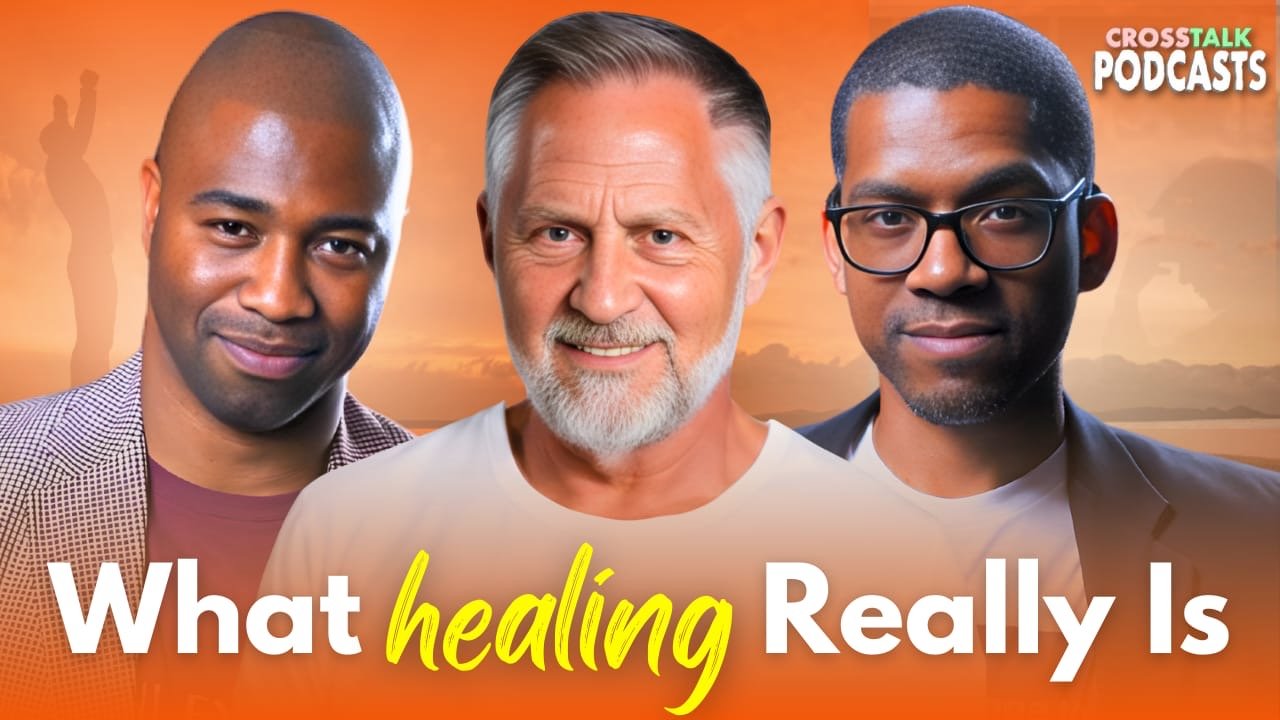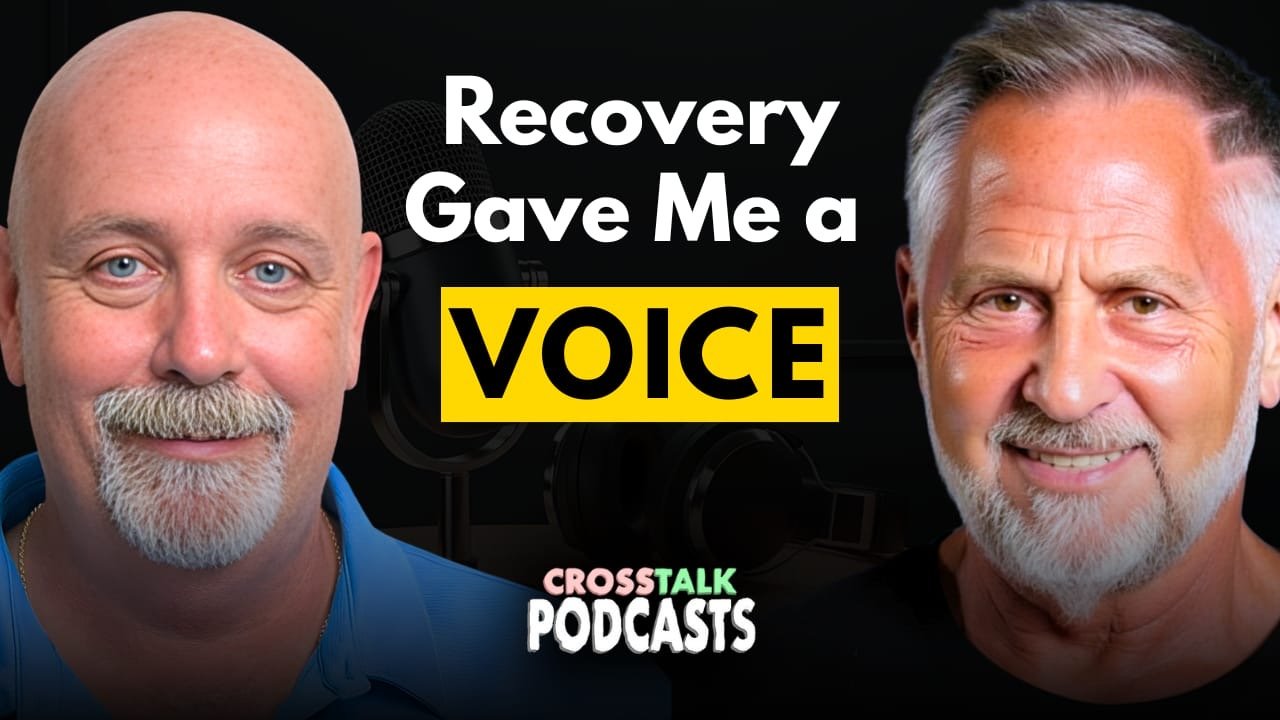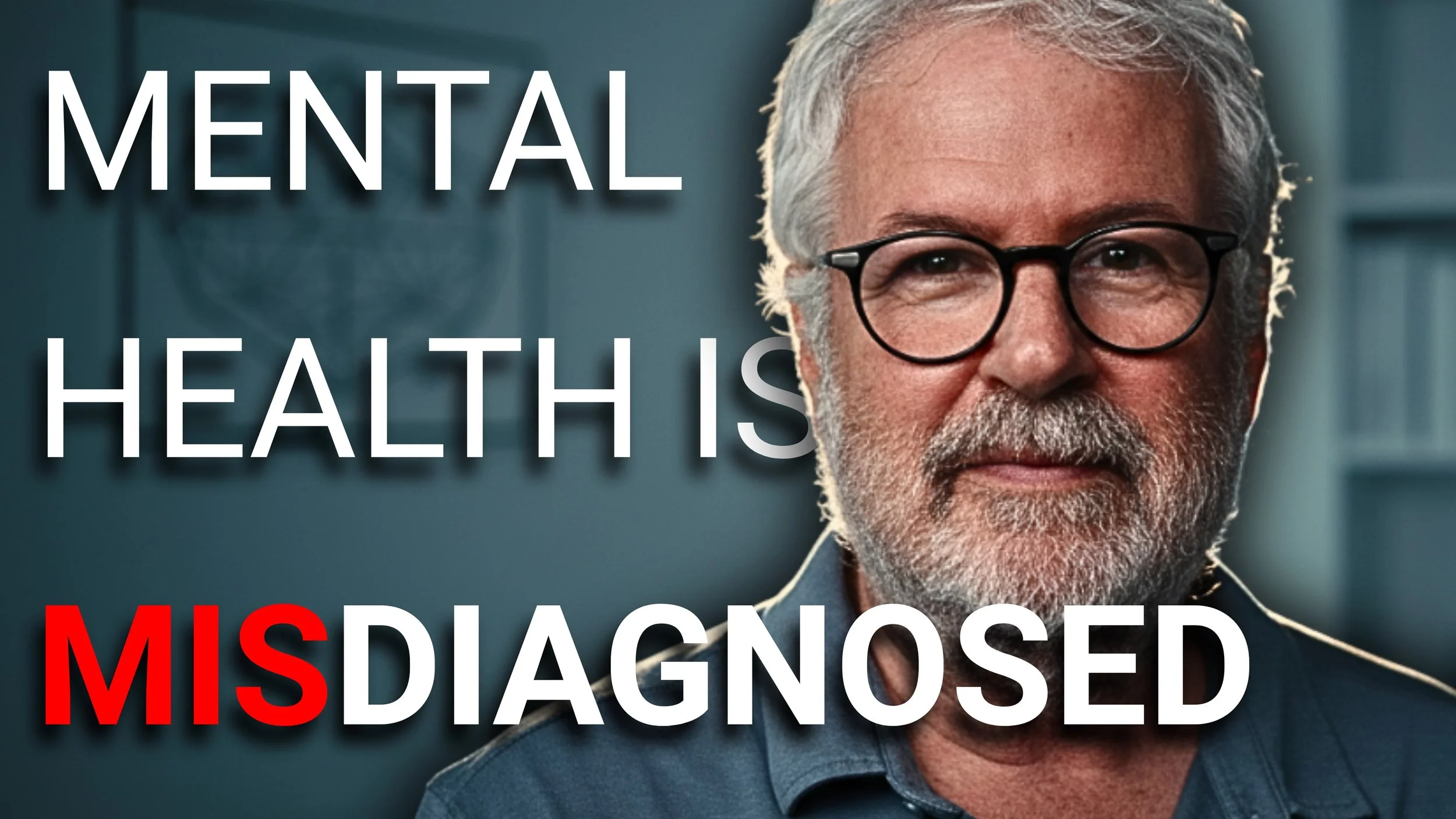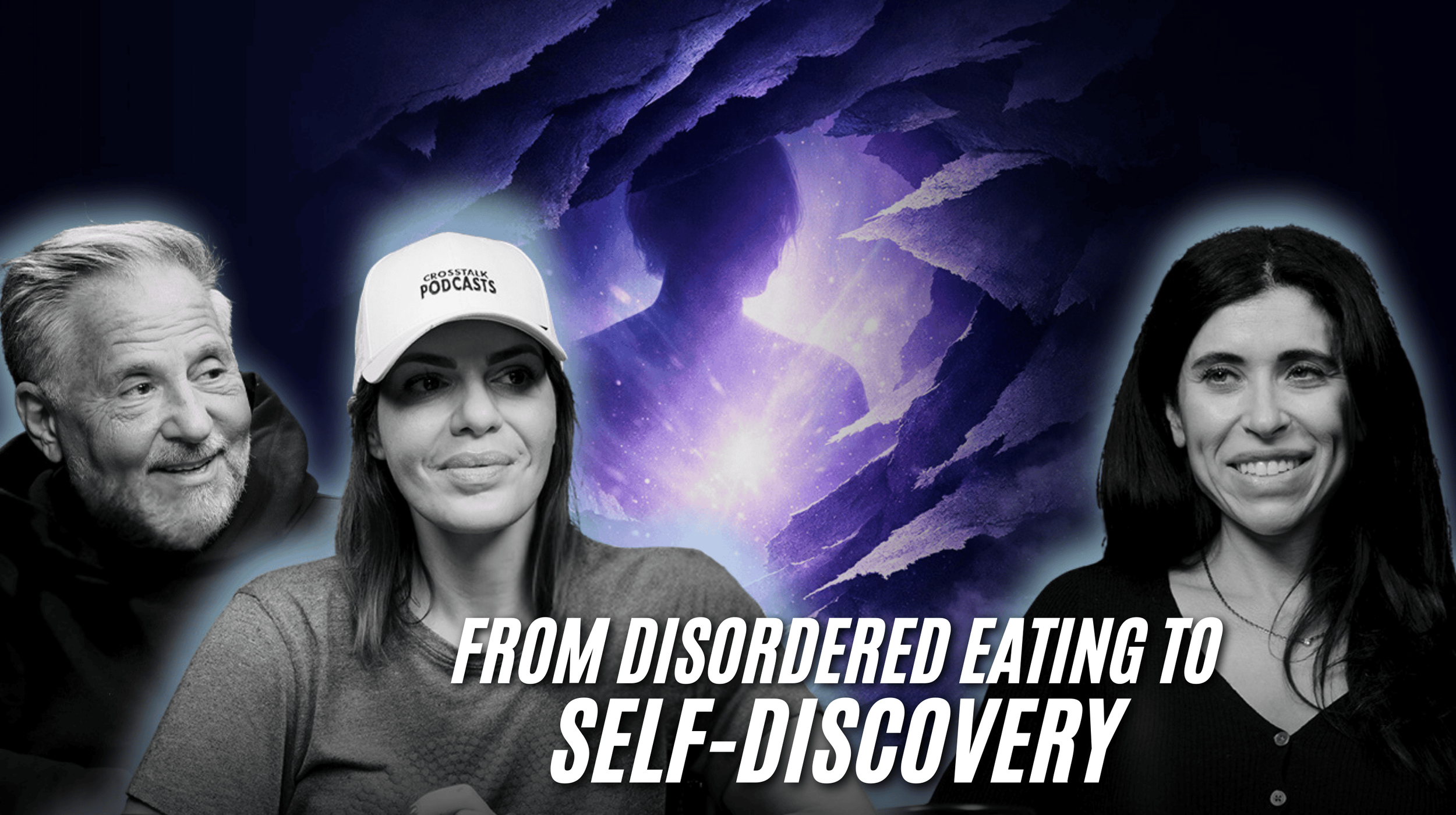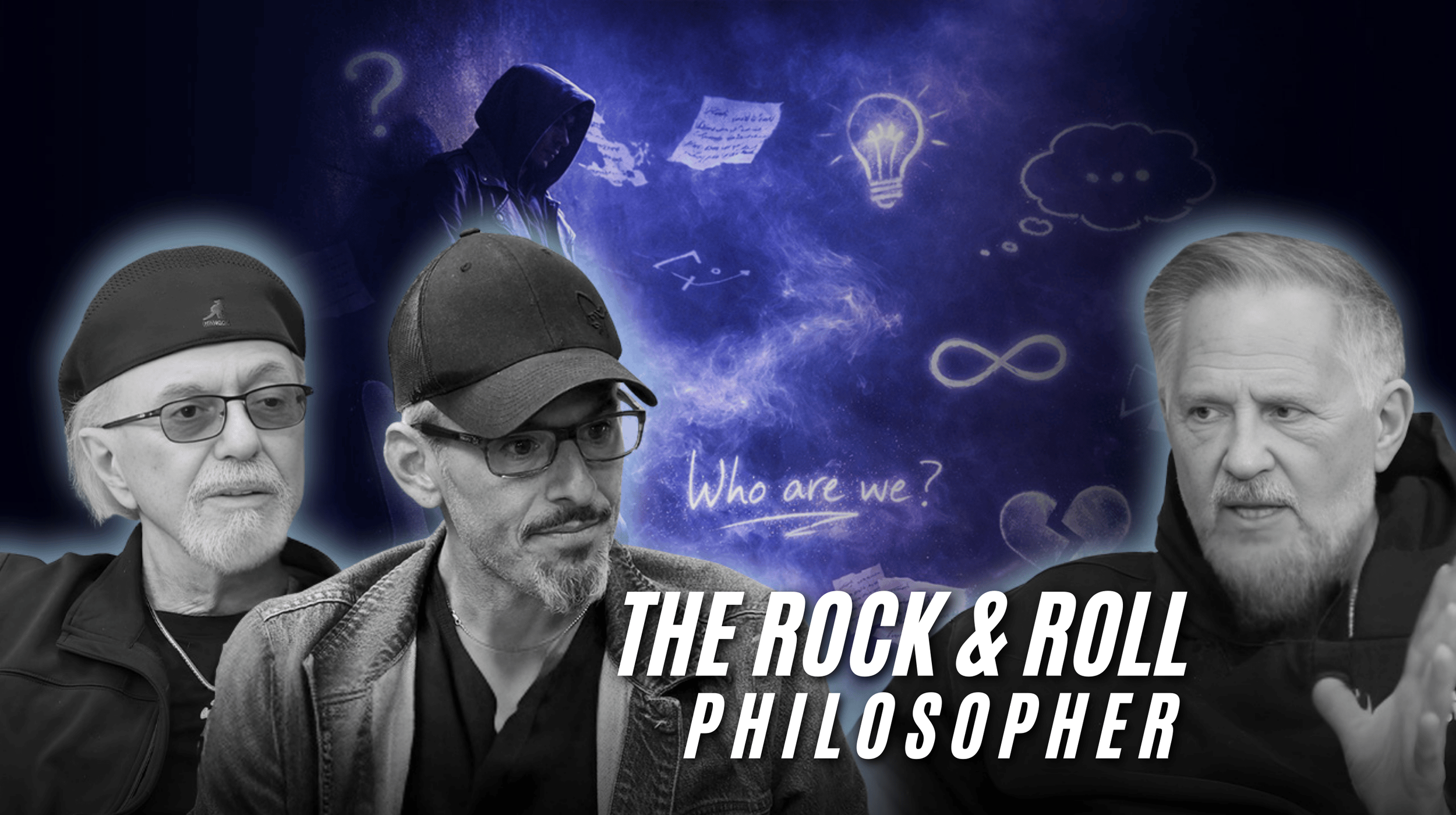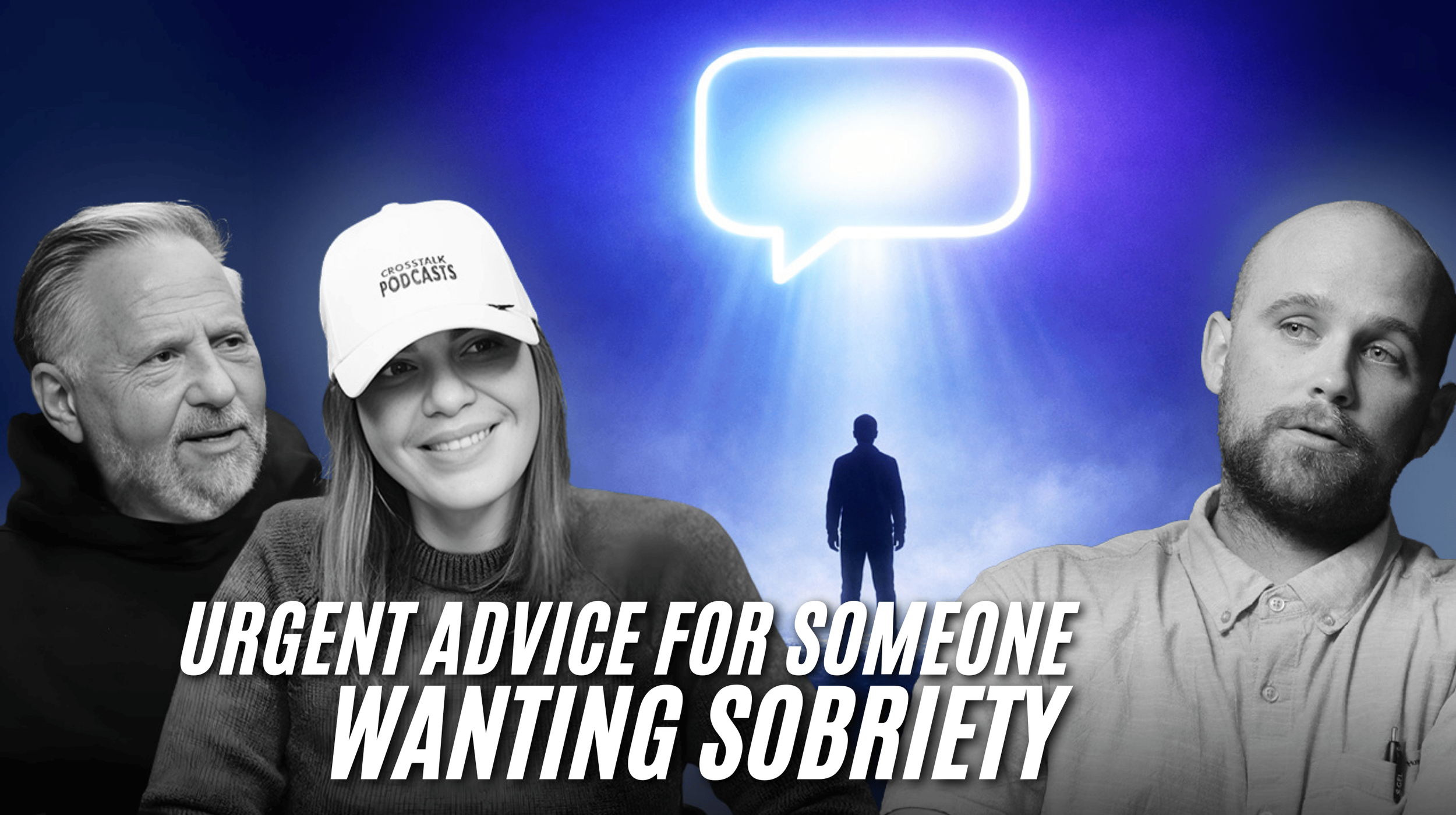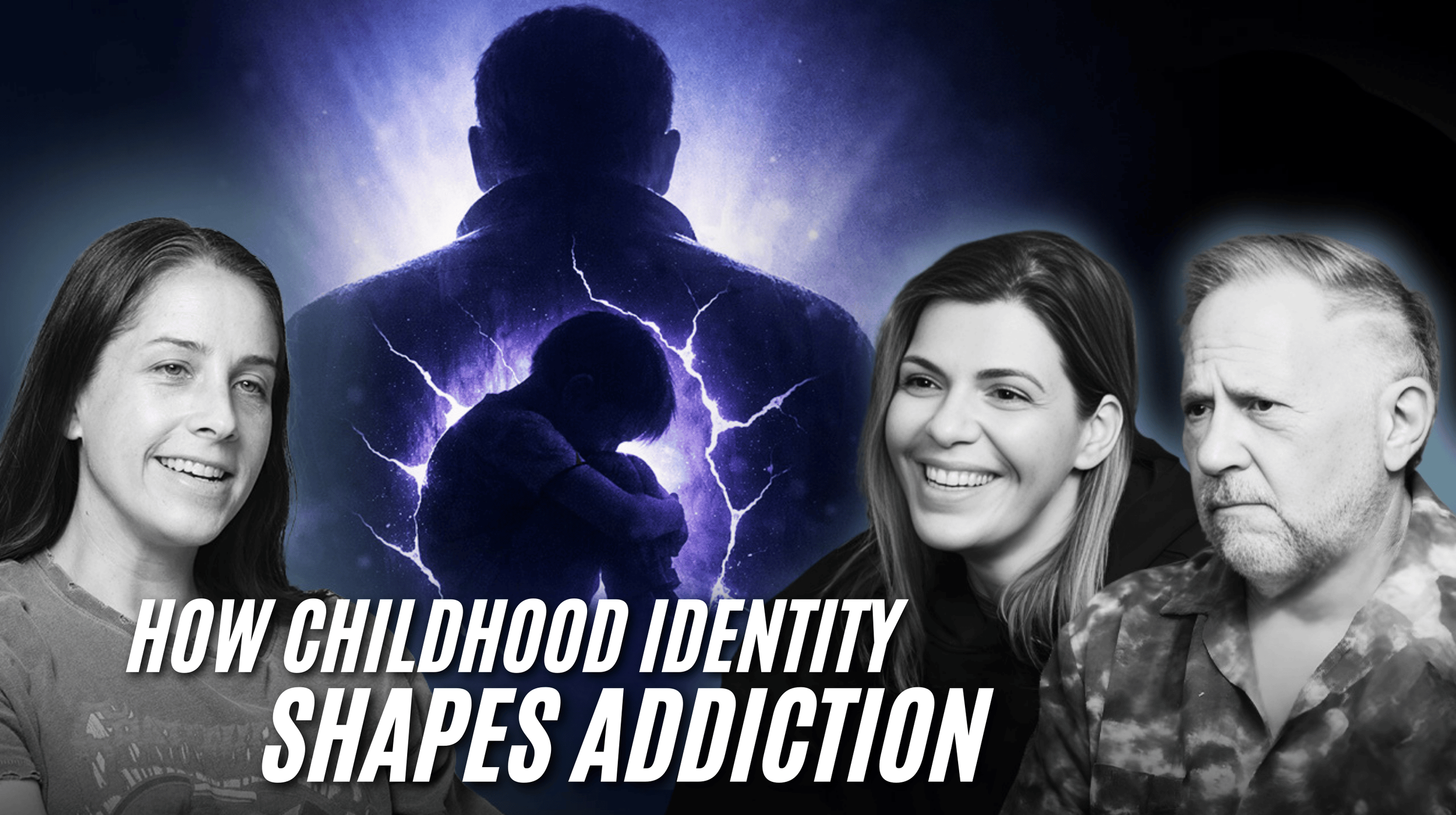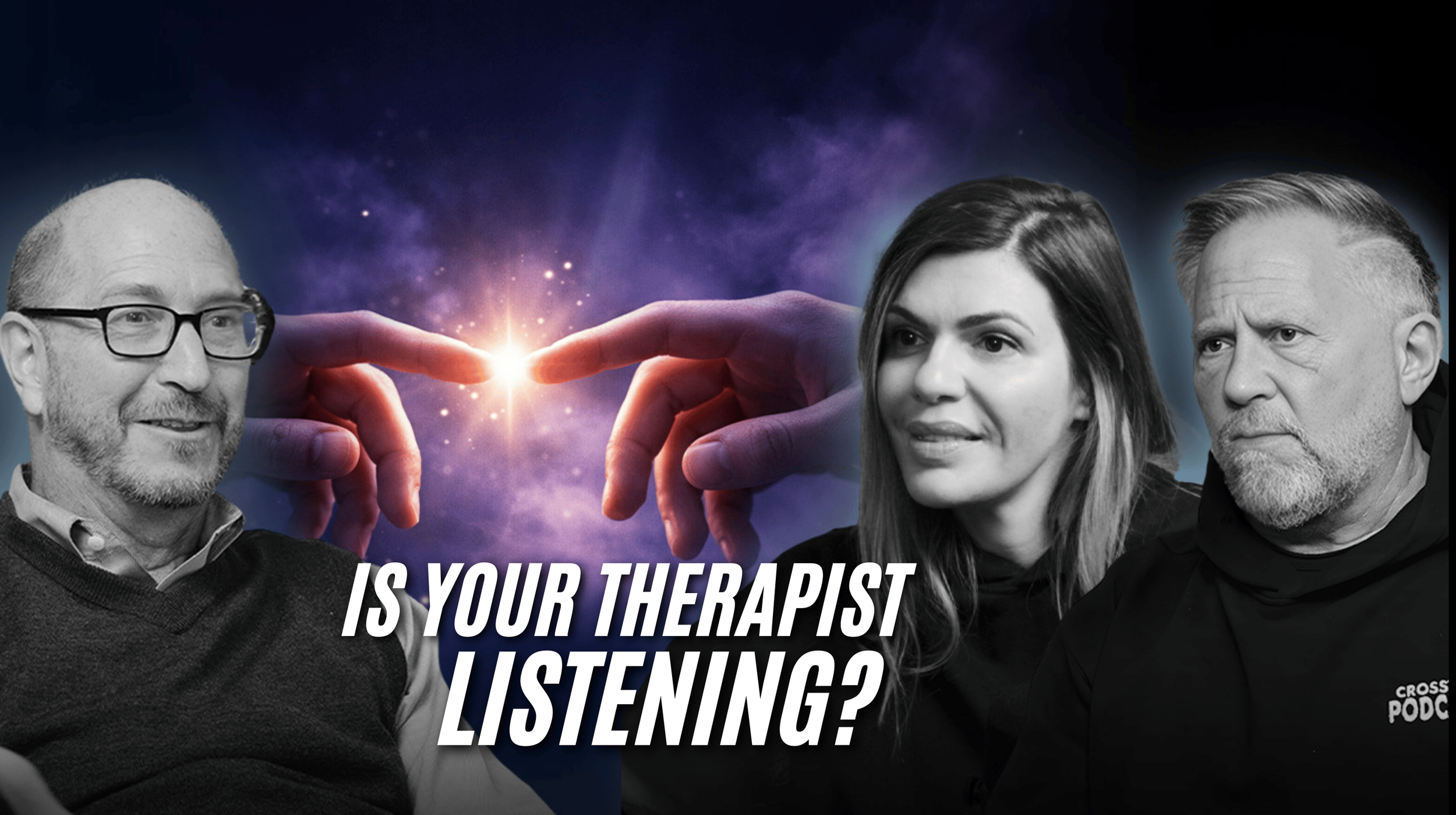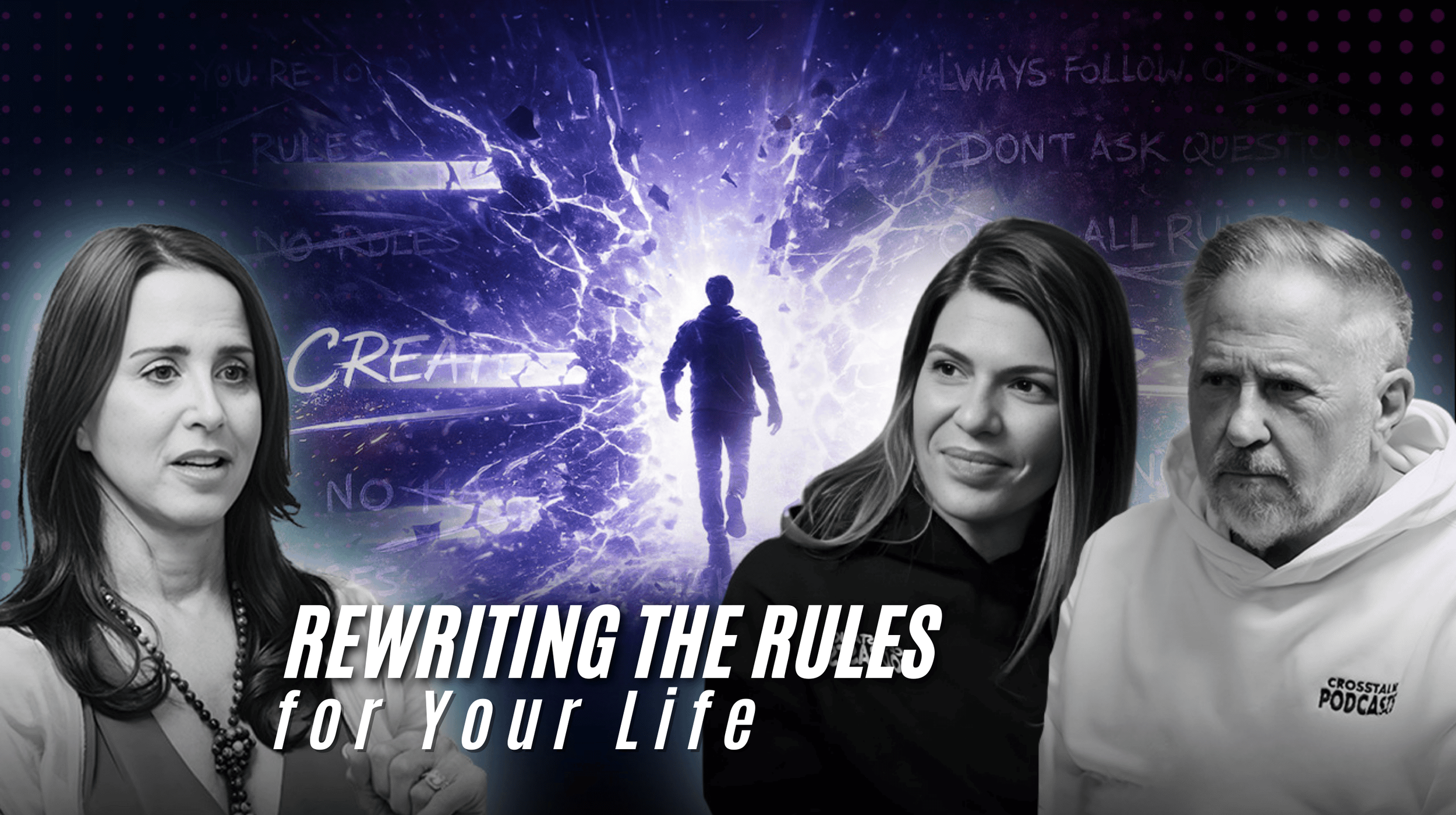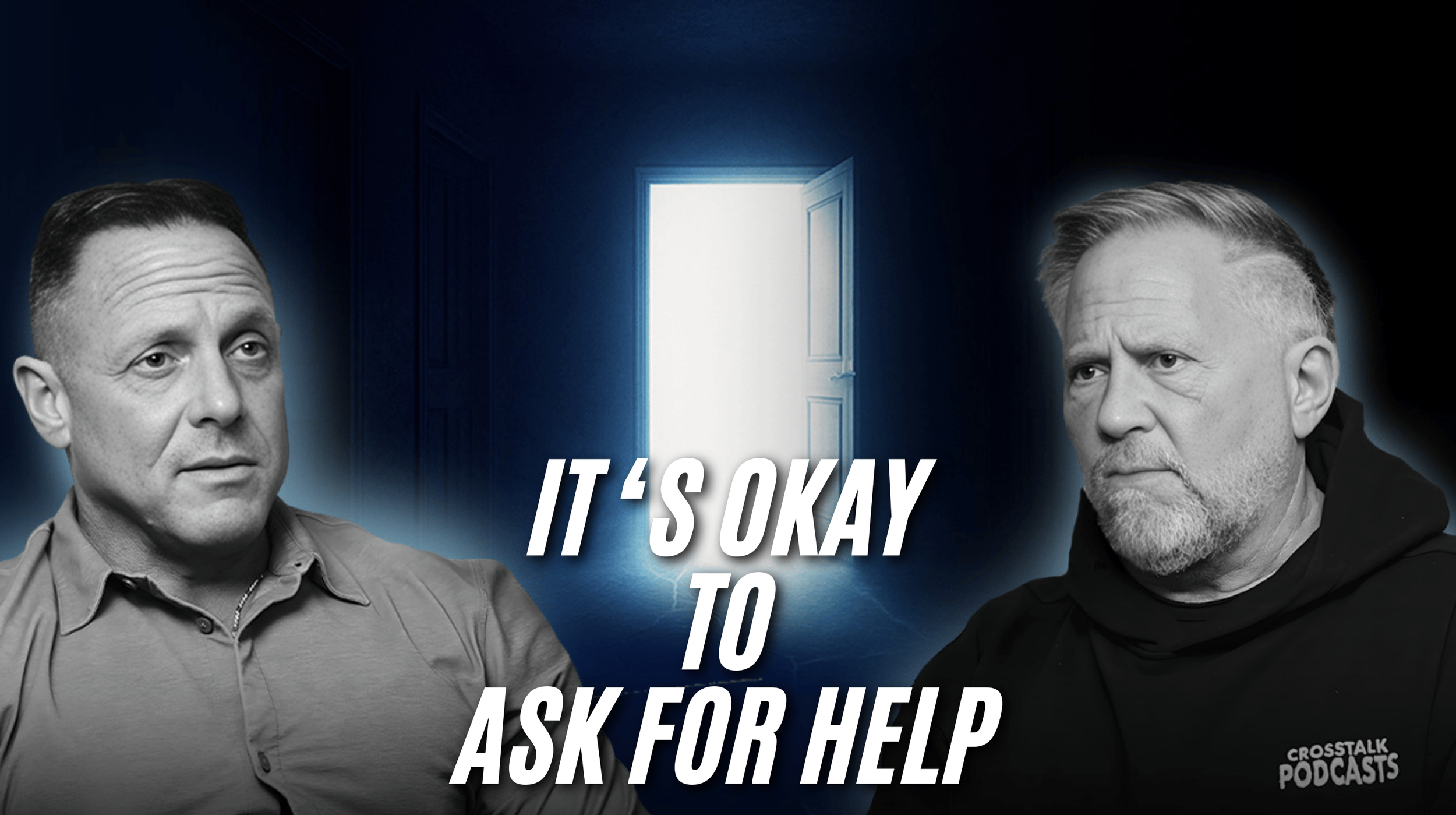Why I Tell My Patients: ‘Relapse Isn’t the End of the Story’ | Michael C.
Listen or watch on your favorite platforms
Michael Cardinale grew up in a close-knit, middle-class New Jersey family where alcohol was always around, but no one talked about it. From his first drink in 7th grade, he knew he liked how alcohol made him feel. What followed were years of blackout drinking, school expulsions, and denial, mirrored by his mother’s own struggle with addiction.
But after hitting rock bottom and being given a life-altering ultimatum, Michael began his recovery. With tough love from his sister and guidance from a sponsor, he broke the cycle. Today, he’s a licensed clinical social worker helping others find healing.
What things looked like growing up
Michael’s childhood was filled with the warmth of a close-knit family in New Jersey. As the youngest of three siblings, he grew up surrounded by a mix of Irish and Italian heritage, where large family gatherings and the sounds of laughter were constant. Despite this, Michael always felt a bit different, a feeling that would stick with him into adulthood. With a family who seemed to have it all together, he often found himself floating in the background, avoiding effort when it was required. School report cards echoed this sentiment, with a simple, “Could have done better if he applied himself,” capturing his lack of drive.
First time using a substance or engaging in behavioral addiction
The first time Michael picked up alcohol, it was in the seventh grade. “I just liked how it made me feel,” he recalls. The rush was undeniable, and suddenly, drinking became a social lubricant and a way to fit in. It wasn’t long before Michael found that alcohol was his way of shaking off the anxiety he had always carried, and as he grew older, it became a part of his lifestyle. His first encounters with substances felt exhilarating, but little did he know, it would mark the beginning of a lifelong struggle.
Active using or Active behavioral addiction
During Michael’s active addiction, his life was a whirlwind of reckless decisions and consequences. It wasn’t just about alcohol anymore – the need for that rush had a hold on him. His family watched helplessly as his behavior escalated. He was no longer the carefree kid at family parties; he was the one causing scenes. “I had put my family in a position where there were no other options left,” Michael admits. His addiction was no longer hidden, and the consequences were severe, from run-ins with deans at school to moments of self-doubt. Yet, at that time, he couldn’t see a way out.
Hitting bottom
The breaking point came when Michael woke up one morning with no recollection of the previous night’s events. His mother, who had always been the image of strength, was sitting across from him, her disappointment palpable. “I just don’t understand why you can’t stop,” she said. That moment cracked through his defenses. For once, he couldn’t give his usual excuses. That was when the clarity hit. Michael knew something had to change. He faced a choice: get help or risk losing everything. It was the first time in his life that he truly realized the gravity of his situation.
Getting help
When Michael finally took the step to get help, it wasn’t smooth sailing. At first, he was only "superficially compliant," doing just enough to appease his family. It was all about ticking the boxes. But, slowly, the process began to sink in. Michael’s breakthrough came during a fourth and fifth step in the 12-step program, where he confronted the resentment he had been carrying for years. His sponsor’s words hit home: "How could I be resentful of my mom if I was doing the same thing to her?" This was the turning point, and with that realization, Michael's healing began. He was no longer just going through the motions. He was ready to face his addiction head-on.
Today, Michael’s life is filled with the richness of recovery. He’s a licensed clinical social worker, helping others navigate their own journeys of healing. What began as a personal struggle has turned into a professional calling, with Michael working with families and individuals who are facing the same challenges he once did. The joy he finds in his work is matched only by the peace he has found in his personal life. His relationship with his family has healed, and he shares a special bond with his sister, who was instrumental in helping him see the truth. Michael’s story is one of redemption and strength, proving that no matter how deep the struggle, recovery is possible.
FAQs
1. What is the first step to take when realizing you have an addiction?
The first step is acknowledging that you need help and seeking support, whether it’s through a treatment center, therapy, or a support group.
2. How long does it take to recover from addiction?
Recovery is a lifelong journey, but early recovery typically involves a commitment to ongoing therapy, support groups, and personal accountability.
3. Can someone recover from addiction without a 12-step program?
Yes, recovery can be achieved through various methods, including therapy, holistic approaches, and personal support systems outside of traditional 12-step programs.
4. What role does family play in addiction recovery?
Family can play a critical role in providing support, setting boundaries, and encouraging recovery, but it’s important that they also seek guidance to handle the challenges that arise.
5. Is relapse a normal part of recovery?
Relapse can be a part of the recovery journey for many, but it doesn’t mean failure. It’s important to learn from setbacks and continue moving forward with renewed commitment.
Related episodes
ABOUT CROSSTALK
CROSSTALK reveals real stories of everyday people and notable figures, sharing their journeys from struggles to life-changing 'aha' moments with all kinds .


 Spotify
Spotify





